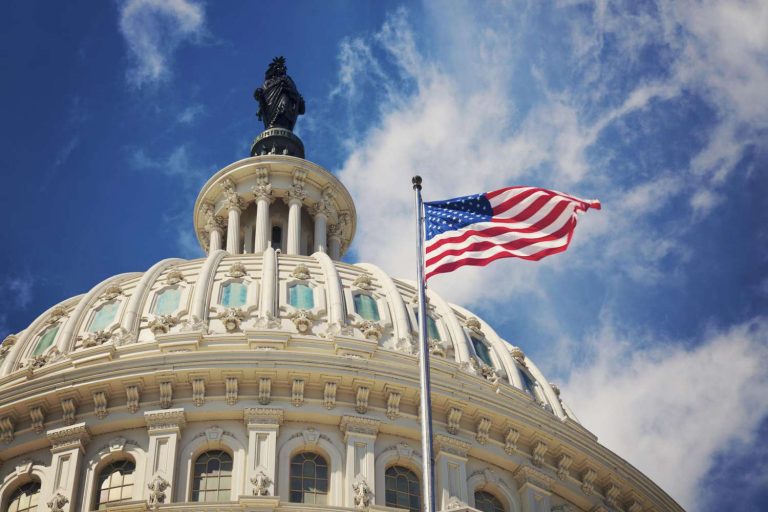
H.R. 1228, the “Prioritizing Veterans’ Survivors Act,” was passed unanimously by the House with a 424-0 vote, showcasing rare bipartisan unity. The bill aims to restore the Office of Survivors Assistance (OSA) to its original role directly under the Secretary of Veterans Affairs, ensuring it has the authority and focus to support survivors of veterans effectively.
This move addresses concerns that the OSA had been downgraded or sidelined, reducing its ability to advocate for survivors navigating benefits and services. By placing it back under the Secretary’s direct oversight, the bill intends to streamline assistance, improve accountability, and prioritize survivors’ needs—think widows, widowers, and dependents seeking benefits like pensions or healthcare.
The unanimous passage of H.R. 1228, the “Prioritizing Veterans’ Survivors Act,” by a 424-0 vote in the House carries several important implications for veterans’ survivors, the Department of Veterans Affairs (VA), and the broader landscape of veterans’ policy. Restoring the Office of Survivors Assistance (OSA) to its original role under the Secretary of Veterans Affairs ensures that survivors—widows, widowers, children, and other dependents—have a dedicated, high-level advocate within the VA. This could lead to faster processing of claims for benefits like Dependency and Indemnity Compensation (DIC), pensions, or healthcare.
Register for Tekedia Mini-MBA edition 19 (Feb 9 – May 2, 2026).
Register for Tekedia AI in Business Masterclass.
Join Tekedia Capital Syndicate and co-invest in great global startups.
Register for Tekedia AI Lab.
The OSA’s elevated status means it can better coordinate across VA departments, reducing bureaucratic hurdles that survivors often face when navigating complex systems. This is especially critical for those grieving or unfamiliar with VA processes. The bill signals a renewed commitment to addressing survivors’ unique challenges, such as financial instability or emotional hardship after a veteran’s passing, ensuring their needs aren’t overshadowed by broader VA priorities.
Placing the OSA under the Secretary’s direct authority enhances accountability. The office will likely have more visibility and influence, making it harder for survivor-related issues to be ignored or deprioritized. The unanimous vote sends a strong message to VA leadership about Congress’s expectation that survivors’ issues be treated as a top priority, potentially prompting internal reforms or resource reallocation to support the OSA’s mission.
A 424-0 vote is exceptionally rare and underscores that support for veterans and their families remains a unifying issue in a polarized Congress. This could pave the way for further bipartisan legislation aimed at improving VA services or expanding benefits. The overwhelming support may bolster public confidence in Congress’s commitment to veterans’ families, potentially pressuring lawmakers to maintain momentum on related reforms.
While the bill restores the OSA’s role, its success depends on adequate funding, staffing, and resources. If the VA faces budget constraints, the OSA’s ability to deliver could be limited unless Congress ensures follow-through. Although the House vote was unanimous, the bill still needs Senate approval (as of my last data, its status there isn’t confirmed). Any delays or amendments in the Senate could affect the timeline for implementation.
Elevating the OSA’s role might require reorganizing parts of the VA’s structure, which could face resistance or logistical hurdles, especially if other offices perceive it as a shift in priorities. Successfully restoring the OSA could set a model for other specialized VA offices, encouraging Congress to strengthen advocacy for groups like disabled veterans or minority veterans. The bill aligns with growing recognition of survivors as a distinct group deserving tailored support, potentially inspiring future policies to address gaps in education benefits, mental health services, or housing for survivors.
This legislation responds to criticisms that the OSA had been diminished in influence, leaving survivors underserved. By restoring its prominence, the bill aims to honor the sacrifices of veterans’ families with tangible support. However, its full impact hinges on execution—how the VA implements the change and whether survivors experience real improvements in service delivery.



